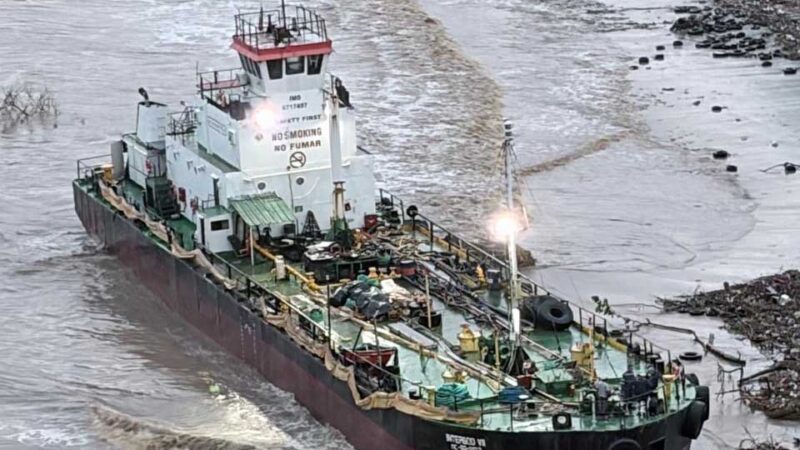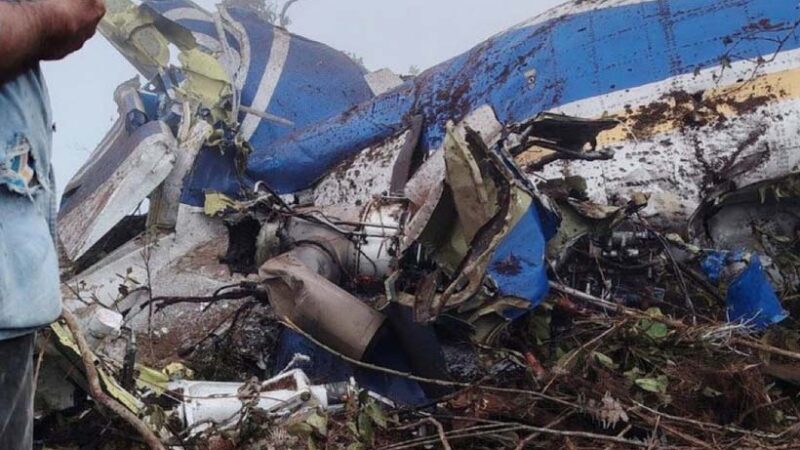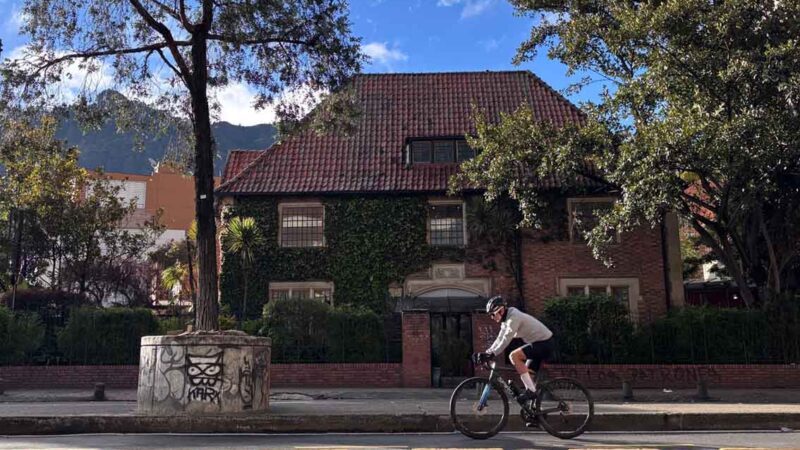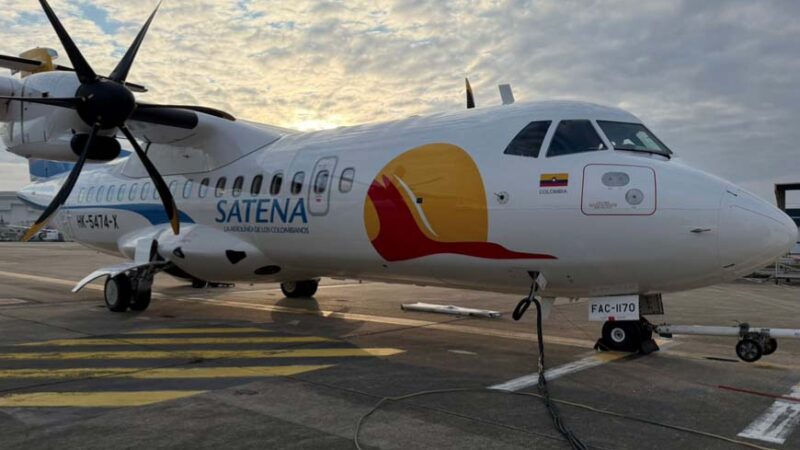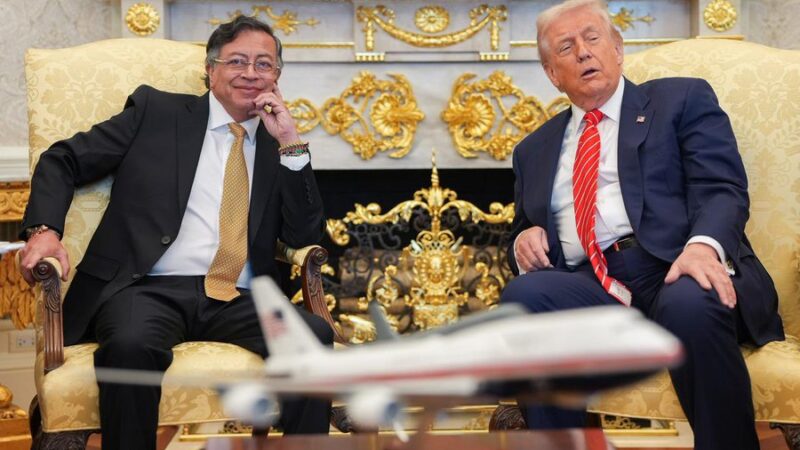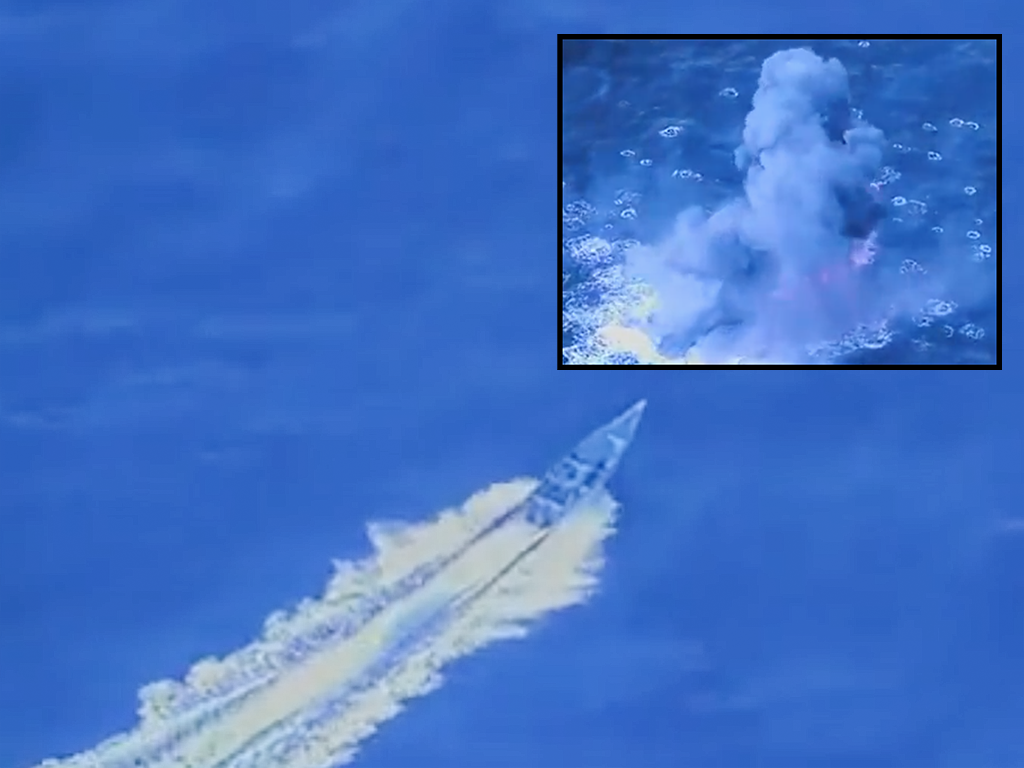
The White House said it would “welcome” a public retraction from Colombian President Gustavo Petro after he accused the U.S. military of killing Colombian citizens during a recent naval strike in the Caribbean, calling his remarks “baseless and reprehensible.” The clash underscores a widening diplomatic rift that now extends to international waters, deepening already strained relations following Petro’s confrontational speech at the 80th session of the United Nations General Assembly.
The controversy erupted after Petro claimed on social media that a vessel bombed by the United States off the coast of Venezuela was “Colombian with Colombian citizens inside.” U.S. forces have carried out at least four strikes on fast boats heading north from Venezuela since early September, operations Washington says are aimed at destroying drug traffickers using Caribbean routes. At least 21 people have been killed, though U.S. officials have not provided details on the identities of any of the victims.
In a statement released on Tuesday, the White House stated that, despite “policy differences,” Washington remains committed to cooperation with Bogotá on shared security priorities.
Petro, however, is refusing to back down. “Let the White House give us the information on the people who have died by U.S. missiles, so we can know whether my information is unfounded,” he wrote on X.
U.S. Secretary of War Pete Hegseth said the strikes were conducted in international waters within the Southern Command’s area of responsibility and targeted vessels “transporting substantial amounts of narcotics” to North America. “Our intelligence, without a doubt, confirmed that this vessel was trafficking narcotics. The people onboard were narco-terrorists, and they were operating on a known trafficking route,” remarked Hegseth. “These strikes will continue until the attacks on the American people are over.”
President Donald Trump also defended the operations on his Truth Social platform, saying one vessel was carrying enough drugs “to kill 25,000 to 50,000 people”.
Since his UN speech last month, Petro has claimed that the U.S is opening “a new war scenario” in the Caribbean, and called on the relatives of alleged victims to “come forward” and denounce the naval operations. “There is no war against smuggling; there is a war for oil, and it must be stopped by the world. The aggression is against all of Latin America and the Caribbean,” he said.
In September, Petro suggested that if a boat sunk near the Dominican Republic carried Colombians, “then U.S. and Dominican officials would be guilty of murdering Colombian citizens.”
The latest diplomatic dispute comes amid a broader deterioration in U.S.–Colombia relations. Since his UN address, Petro has issued a stream of highly charged statements on social media focusing on the Gaza “genocide” and abuse of Colombian mercernaries by Ukraine’s Armed Forces. He has also accused Trump of “unleashing an ethnic war in the United States,” likening his actions against undocumented migrants to Hitler’s treatment of Jews.
Just hours after Petro delivered his final speech as President of Colombia to the UN, the U.S. Department of State revoked his travel visa following his participation in a pro-Palestinian demonstration in New York’s Times Square where he called on U.S. troops to “disobey” Trump.
With Washington focused on securing a lasting peace plan for Gaza, which includes the release of all remaining Israeli hostages, Petro continues to test the patience of the Republican administration, and one that may soon clinch it greatest foreign policy victory for the Middle East, before advancing to end Maduro’s dictatorship in Venezuela.
Share this story
Richard Emblin
Richard Emblin is the director of The City Paper.




